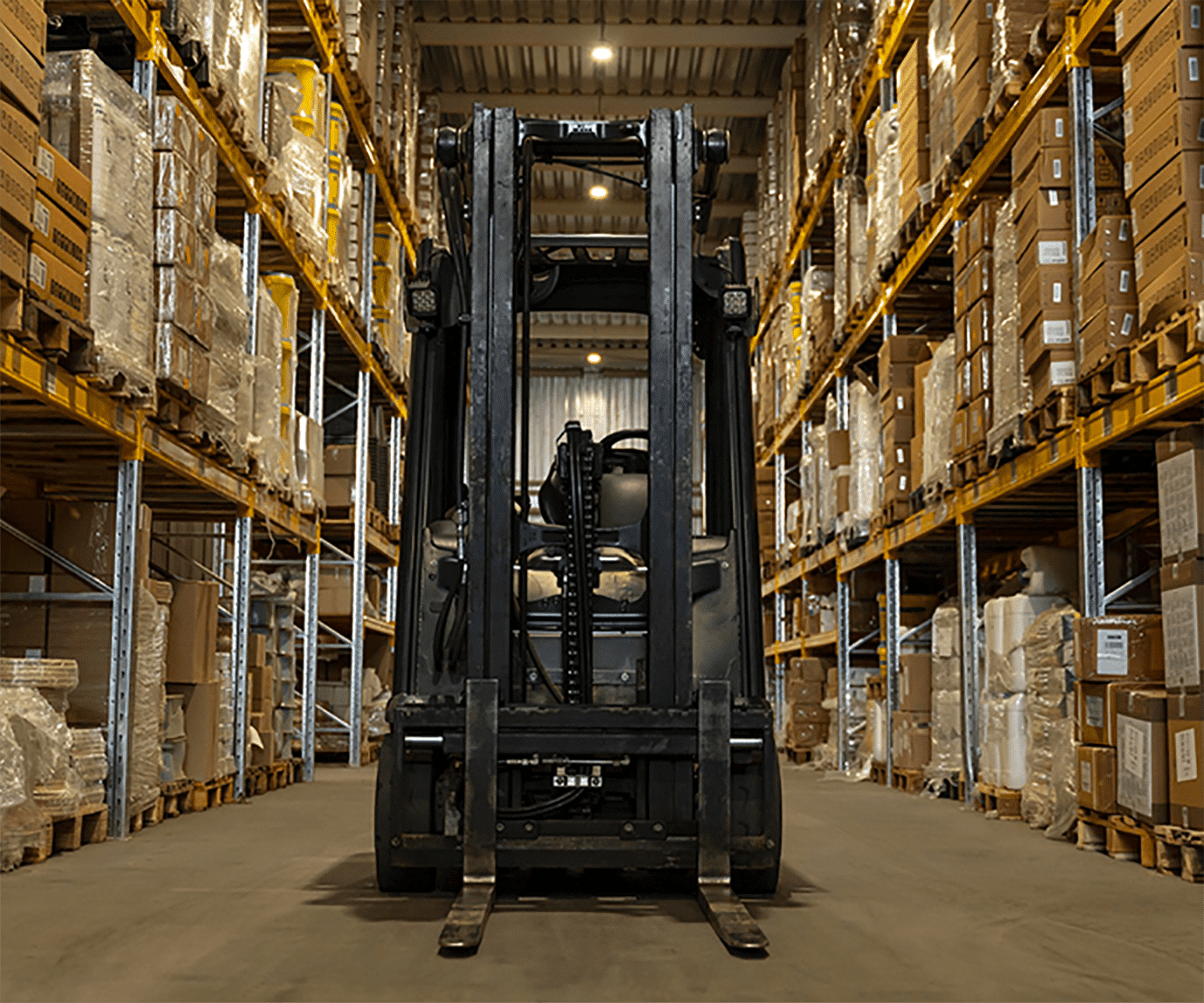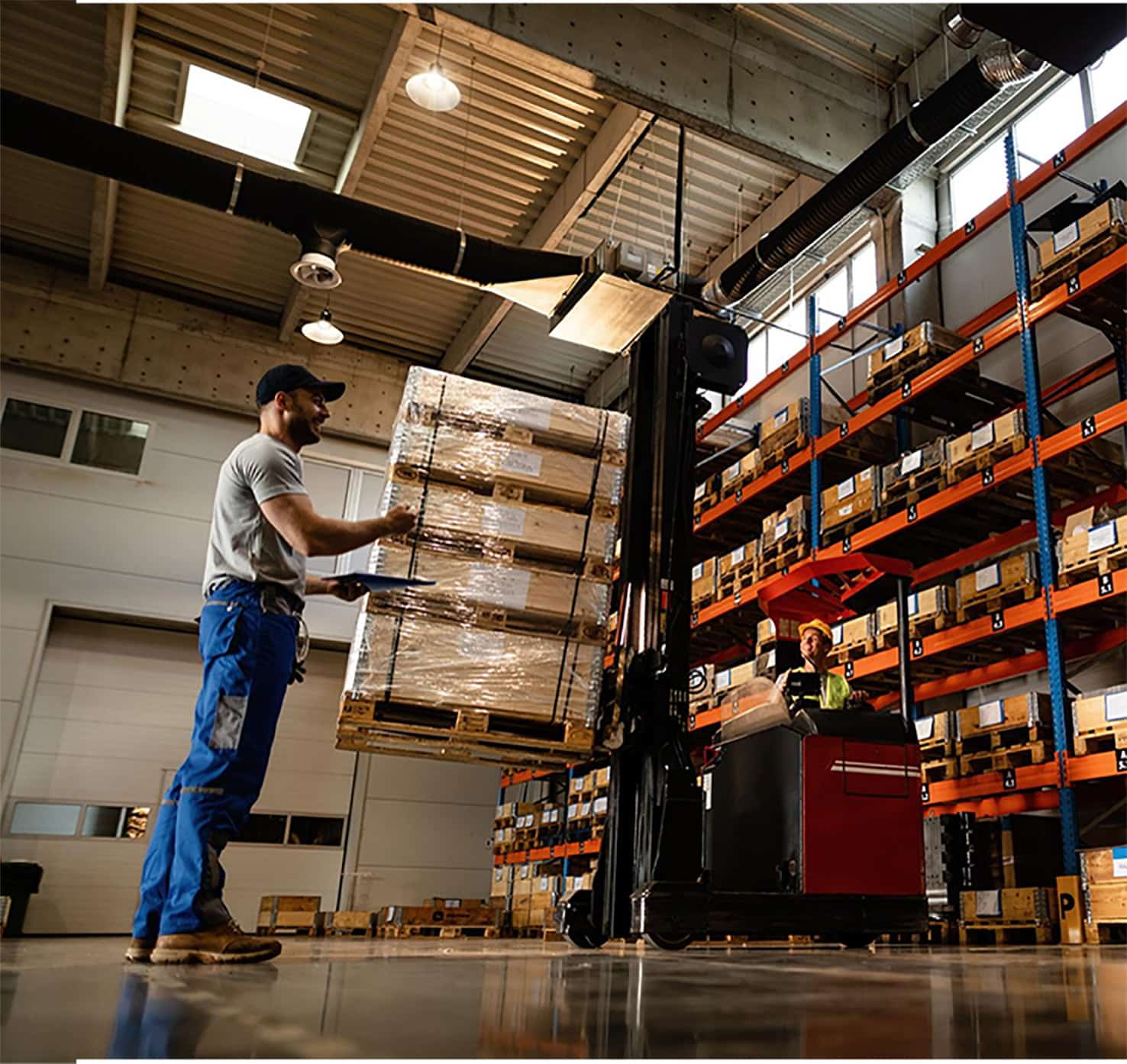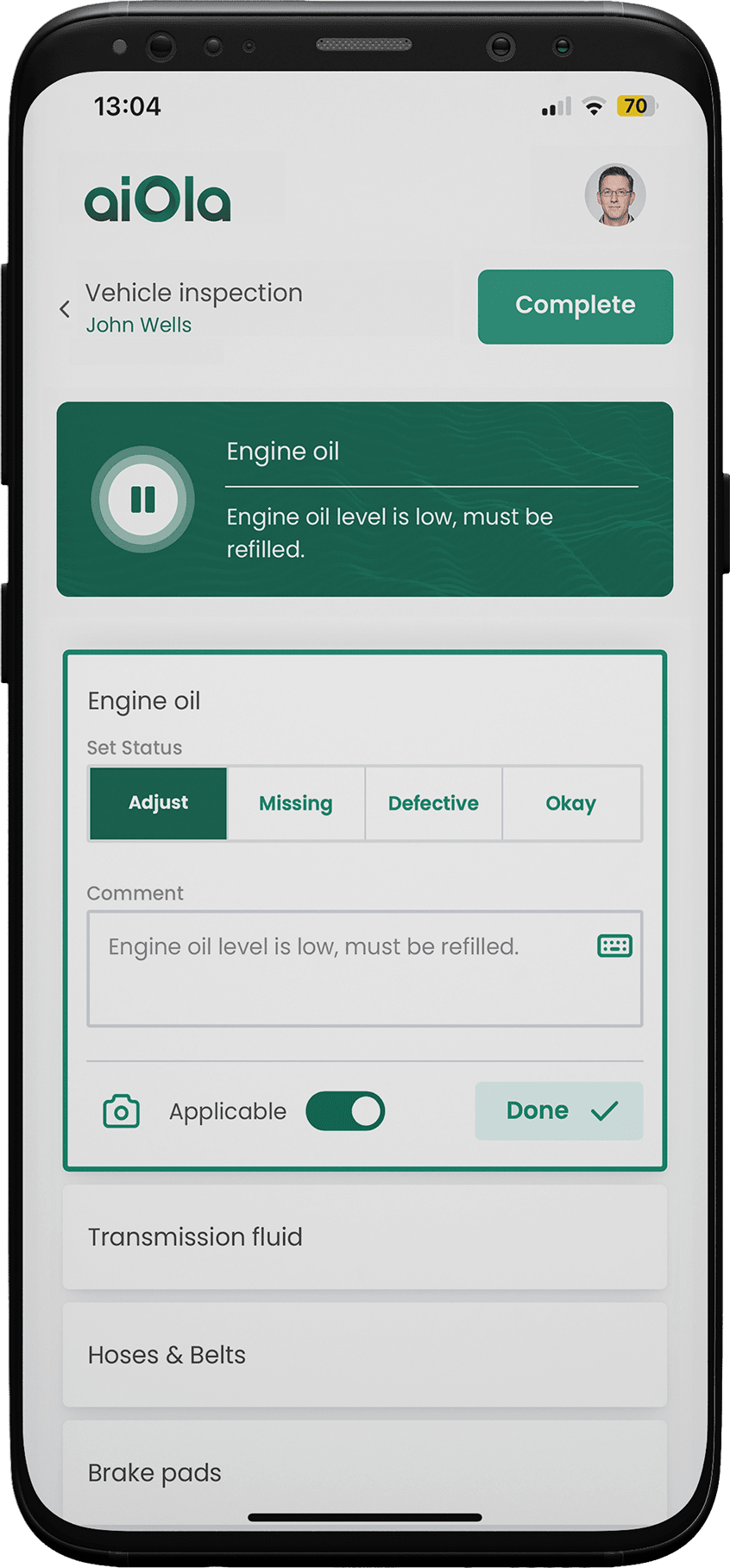A Fortune 200 Beverage Company’s 25% Boost in Productivity
[Success Story]

[Success Story]









The company encountered several significant operational challenges. Primarily, there was a lack of an effective communication system. When a forklift driver arrived at a designated door and found no truck, it was crucial to convey this information promptly and quickly. Similarly, if issues such as missing items on pallets, broken bottles, or inventory discrepancies occurred, swift communication was essential. In the absence of efficient communication tools, the only available method was sending written messages. This necessitated drivers to interrupt their tasks, cease driving, and invest time in typing out messages. Furthermore, once these messages were sent, data from these incidents remained untapped, hindering efforts to enhance operational efficiency. The absence of robust data tracking and communication meant that group managers had to rely on memory to recall issue details, impeding productive discussions and learning from past incidents. Additionally, there was no effective system in place to swiftly notify the right employees to address and resolve incidents, resulting in prolonged incident resolution times.
In the absence of efficient communication tools, the only available method was sending written messages. This necessitated drivers to interrupt their tasks, cease driving, and invest time in typing out messages. Furthermore, once these messages were sent, data from these incidents remained untapped, hindering efforts to enhance operational efficiency. The absence of robust data tracking and communication meant that group managers had to rely on memory to recall issue details, impeding productive discussions and learning from past incidents. Additionally, there was no effective system in place to swiftly notify the right employees to address and resolve incidents, resulting in prolonged incident resolution times.
The absence of robust data tracking and communication meant that group managers had to rely on memory to recall issue details, impeding productive discussions and learning from past incidents. Additionally, there was no effective system in place to swiftly notify the right employees to address and resolve incidents, resulting in prolonged incident resolution times.


To address these challenges, the company implemented aiOla’s speech-powered AI within their existing internal devices. This implementation yielded several notable advantages.
Forklift drivers were able to seamlessly continue their work while reporting operations through speech, resulting in an increased number of pallets handled per hour. It also substantially reduced incident waiting times, as immediate alerts were dispatched to the appropriate employee responsible for addressing the reported incident.
And, data from these incidents flowed effortlessly to the shift manager, enabling quicker responses and more informed decision-making. The accumulated data from all shifts could also be analyzed to pinpoint best business practices and improve operational efficiency. Additionally, aiOla facilitated data sharing among different teams, locations, and branches, thereby enhancing overall coordination and problem-solving capabilities.


"We had previously considered incorporating speech technology, but nothing we encountered compared to aiOla's innovation. We're thoroughly impressed with the simplicity of its implementation and the user-friendliness for our forklift operators. Collaborating with the aiOla team has been an exceptionally positive and enjoyable experience."
- CIO. Fortune 200 Beverage Company


This marks only the beginning of our journey. In the upcoming months, we are excited to roll out four more innovative use cases, leveraging speech technology to enhance efficiency, safety, and overall collaboration. The potential for speech-enhanced workflows is vast, and we are eager to contribute to their mission by helping to boost production and create greater value through these advanced solutions.

aiOla is ready to listen.
We will contact you soon!